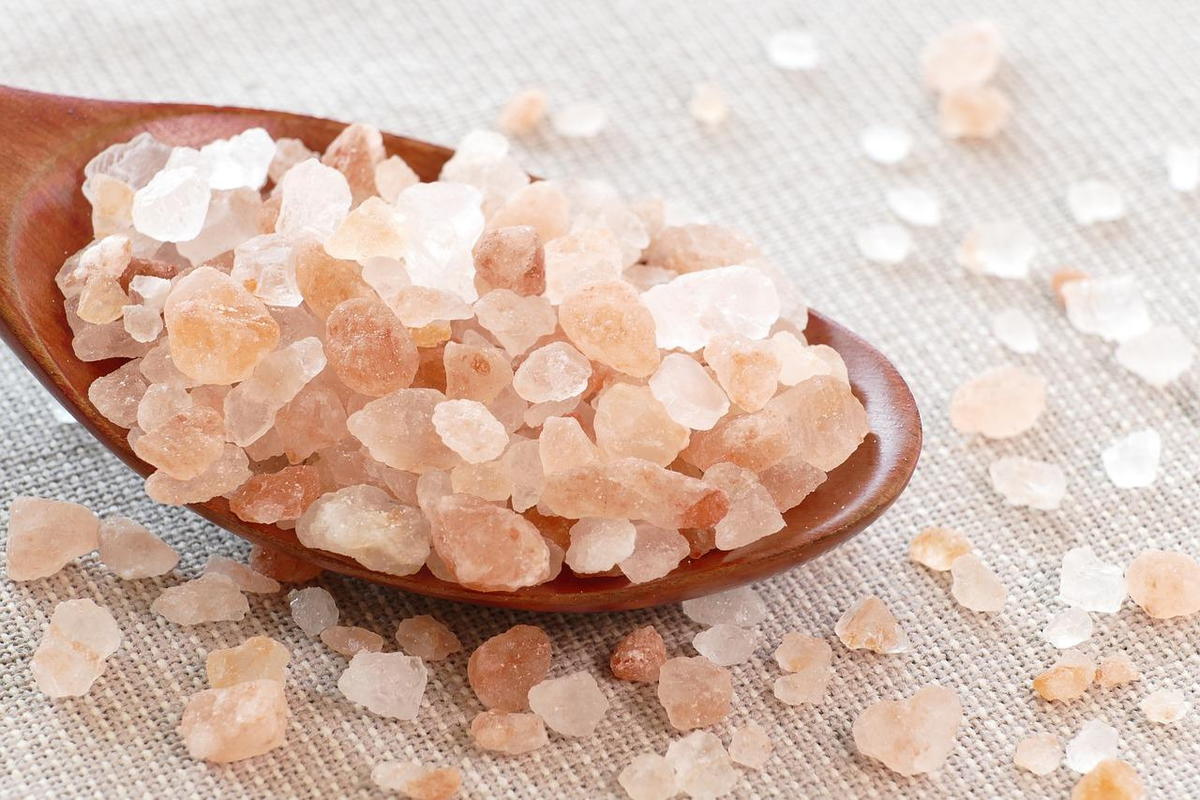The Salty Truth

- posted: Jun. 27, 2024
Consequences of Eating Too Much Salt
Salt, or sodium chloride, is a common staple in our diets, enhancing the flavor of our food and playing a critical role in various bodily functions. However, consuming too much salt can have serious health consequences. Despite its ubiquitous presence, it’s important to understand the risks associated with high salt intake and how to manage it for better health.

Understanding Salt and Sodium
Salt is composed of sodium and chloride, with sodium being the primary health concern. Sodium is essential for maintaining fluid balance, transmitting nerve impulses, and regulating muscle function. The recommended daily intake of sodium for adults is about 2,300 milligrams, roughly equivalent to one teaspoon of salt. Unfortunately, many people consume far more than this recommended amount.
Consequences of Excessive Salt Intake
1. High Blood Pressure
One of the most well-documented effects of excessive salt intake is hypertension or high blood pressure. Sodium causes the body to retain water, increasing the volume of blood flowing through the blood vessels. This heightened blood volume puts extra pressure on the arterial walls, leading to high blood pressure. Chronic hypertension can damage blood vessels and vital organs, increasing the risk of heart disease and stroke.
2. Heart Disease
High salt consumption is closely linked to cardiovascular diseases. Elevated blood pressure, resulting from excess sodium, forces the heart to work harder, leading to an enlarged heart muscle and potential heart failure. Additionally, excessive salt can stiffen blood vessels, reducing their elasticity and contributing to atherosclerosis (hardening of the arteries), which further elevates the risk of heart attacks and strokes.
3. Kidney Damage
The kidneys play a crucial role in regulating sodium levels in the body. Consuming too much salt can impair kidney function, making it difficult for the kidneys to expel excess sodium. This can lead to a buildup of sodium and fluid in the body, increasing blood pressure and burdening the kidneys. Over time, this can result in chronic kidney disease or exacerbate existing kidney conditions.
4. Osteoporosis
High salt intake can also affect bone health. Excessive sodium can cause the body to lose calcium through urine. Calcium is vital for maintaining strong bones, and its depletion can lead to decreased bone density and increased risk of osteoporosis, particularly in older adults.
5. Stomach Cancer
Emerging research suggests a link between high salt consumption and stomach cancer. Salt can damage the stomach lining, creating a favorable environment for Helicobacter pylori bacteria, which are associated with stomach ulcers and cancer. Countries with high salt intake have reported higher rates of stomach cancer, indicating a potential correlation.
6. Fluid Retention and Bloating
Consuming too much salt can lead to fluid retention, causing bloating and swelling, particularly in the hands, feet, and ankles. This uncomfortable condition, known as edema, can be a sign that your body is struggling to balance sodium levels.
Managing Your Salt Intake
1. Read Food Labels
Many processed and packaged foods contain high levels of sodium. Reading food labels can help you make informed choices and avoid products with excessive salt content. Look for low-sodium or no-added-salt options when possible.
2. Cook at Home
Preparing meals at home allows you to control the amount of salt in your food. Use herbs, spices, lemon juice, and other natural flavorings to enhance taste without relying on salt.
3. Limit Processed Foods
Processed foods, including snacks, canned soups, and deli meats, are often high in sodium. Reducing your consumption of these foods can significantly lower your salt intake.
4. Be Cautious with Condiments
Condiments like soy sauce, ketchup, and salad dressings can be high in sodium. Use them sparingly or seek out low-sodium alternatives.
5. Gradually Reduce Salt
If you're accustomed to a high-salt diet, your taste buds may need time to adjust. Gradually reducing your salt intake can help you adapt to less salty flavors without feeling deprived.
6. Monitor Your Health
Regular check-ups with your healthcare provider can help monitor your blood pressure and overall health. If you have high blood pressure or other health conditions related to salt intake, work with your doctor to develop a suitable dietary plan.
Conclusion
While salt is an essential nutrient, moderation is key to maintaining good health. Excessive salt consumption can lead to a range of serious health issues, from high blood pressure to heart disease, kidney damage, and beyond. By being mindful of your salt intake and making informed dietary choices, you can protect your health and well-being. Remember, a little salt can go a long way, use it wisely!
Dr. Eric.
Office Hours
Our Regular Schedule
8:00 am - 5:00 pm
8:00 am - 5:00 pm
8:00 am - 5:00 pm
8:00 am - 5:00 pm
8:00 am - 4:00 pm
9:00 am - 12:00 pm
Closed
Location
Find us on the map
Bay Chiropractic & Rehabilitation
1212 5th St Suite 300
Santa Monica, CA 90401

